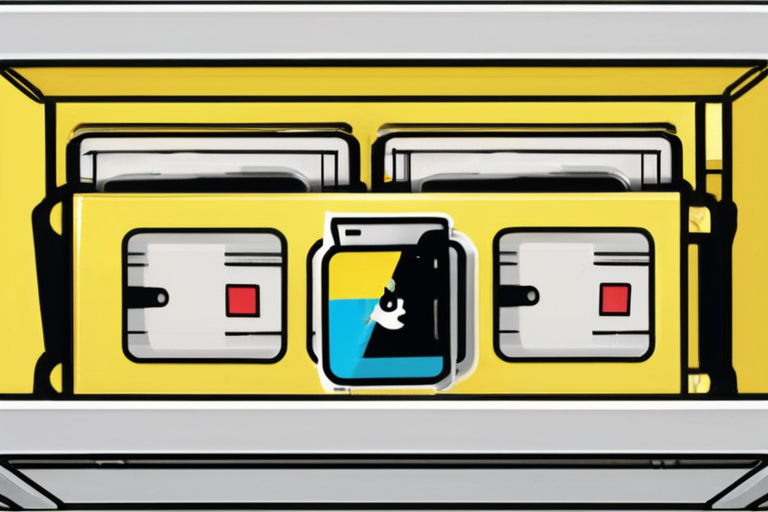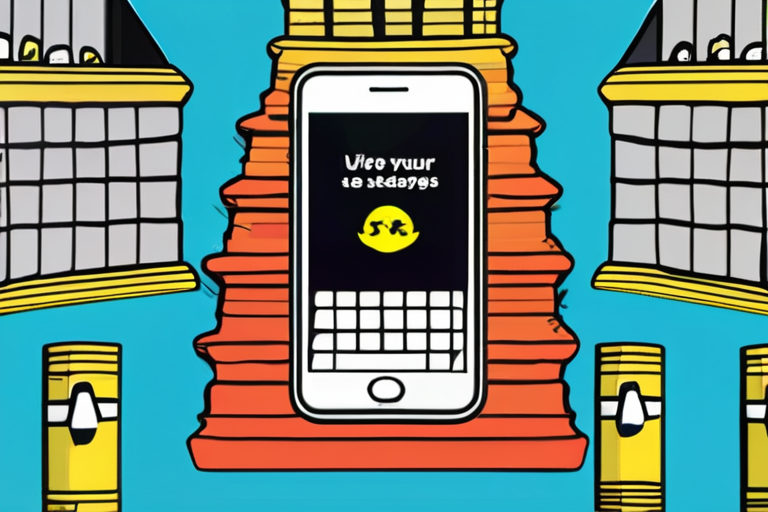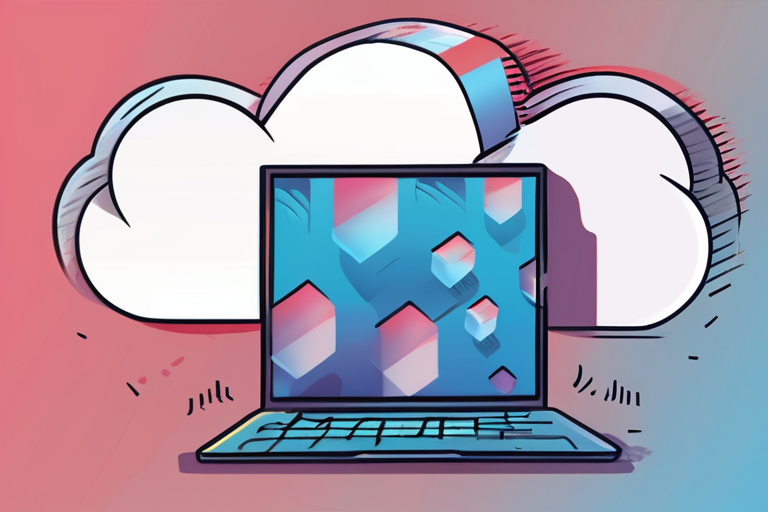

Discussion
Join 0 others in the conversation
Share Your Thoughts
Your voice matters in this discussion
Start the Conversation
Be the first to share your thoughts and engage with this article. Your perspective matters!
More Stories
Discover articles from our community

Snapchat Limits Free Storage: Paid Plans Now Available for Excess Memories
 Hoppi
Hoppi

Snapchat to Charge for Storage: Save Your Memories Before the Price Hike
 Hoppi
Hoppi

Snapchat Tackles Memory Overload: Paid Storage Option Now Available for Excessive Users
 Hoppi
Hoppi

Cloud Storage Services Demystified: Expert Breakthrough Reveals Best Options for You
 Hoppi
Hoppi

Snapchat Unlocks Endless Chat Histories and Group Streaks for Users
 Hoppi
Hoppi

Snapchat to Charge Users for Storing Memories: A Shift in Digital Legacy
 Hoppi
Hoppi

Snapchat Limits Free Storage: Paid Plans Now Available for Excess Memories
Snapchat Caps Free Memory Storage, Launches Paid Plans In a move to manage its growing storage needs, Snapchat has introduced …

Hoppi

Snapchat to Charge for Storage: Save Your Memories Before the Price Hike
Snapchat's Storage Shock: How to Save Your Memories Before the Price Tag For many of us, Snapchat has become more …

Hoppi

Snapchat Tackles Memory Overload: Paid Storage Option Now Available for Excessive Users
Snapchat Introduces Paid Storage Option for Memories Hoarders In a move to manage the vast amount of user-generated content on …

Hoppi

Cloud Storage Services Demystified: Expert Breakthrough Reveals Best Options for You
Expert Advice on Cloud Storage Services: Answering the Million-Dollar Question In a recent article, X Tech's expert advice shed light …

Hoppi

Snapchat Unlocks Endless Chat Histories and Group Streaks for Users
Snapchat Rolls Out Group Streaks and 'Infinite Retention' for Chats Snapchat has introduced two highly anticipated features: "Infinite Retention" and …

Hoppi

Snapchat to Charge Users for Storing Memories: A Shift in Digital Legacy
Snapchat to Start Charging Users for Memories Storage In a move that has left many users reeling, Snapchat announced on …

Hoppi
